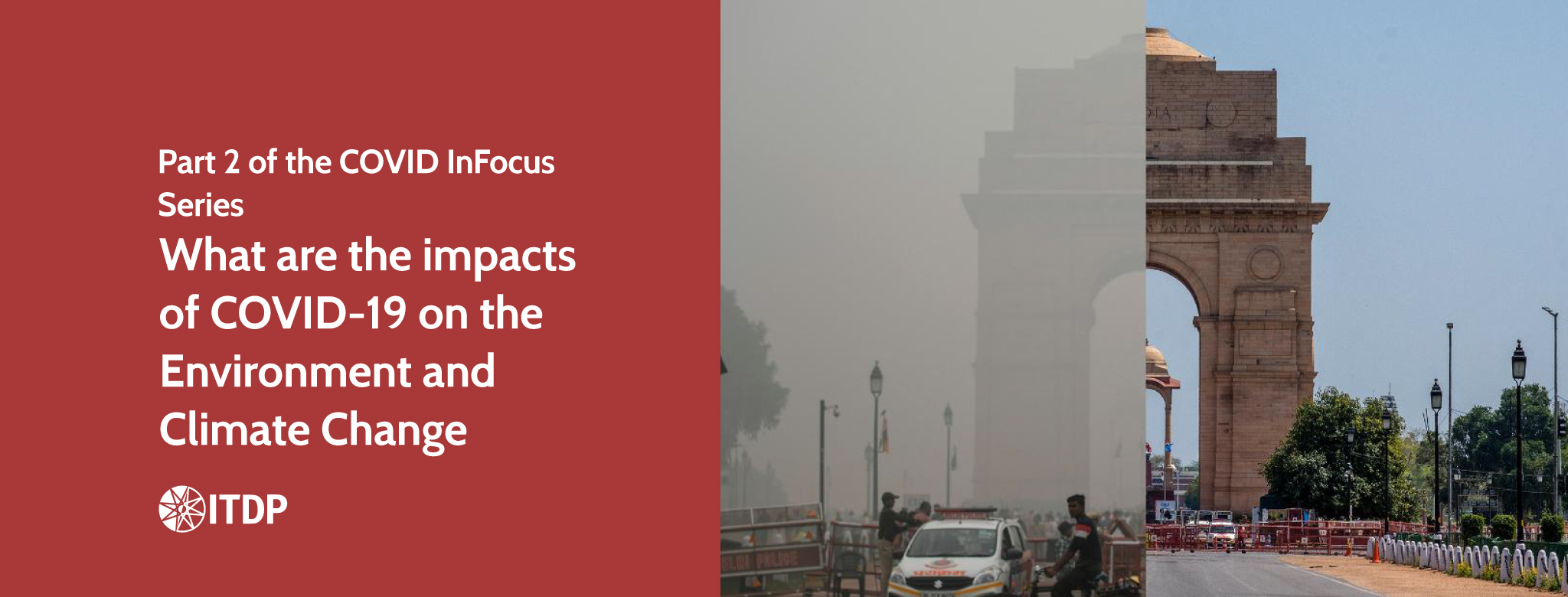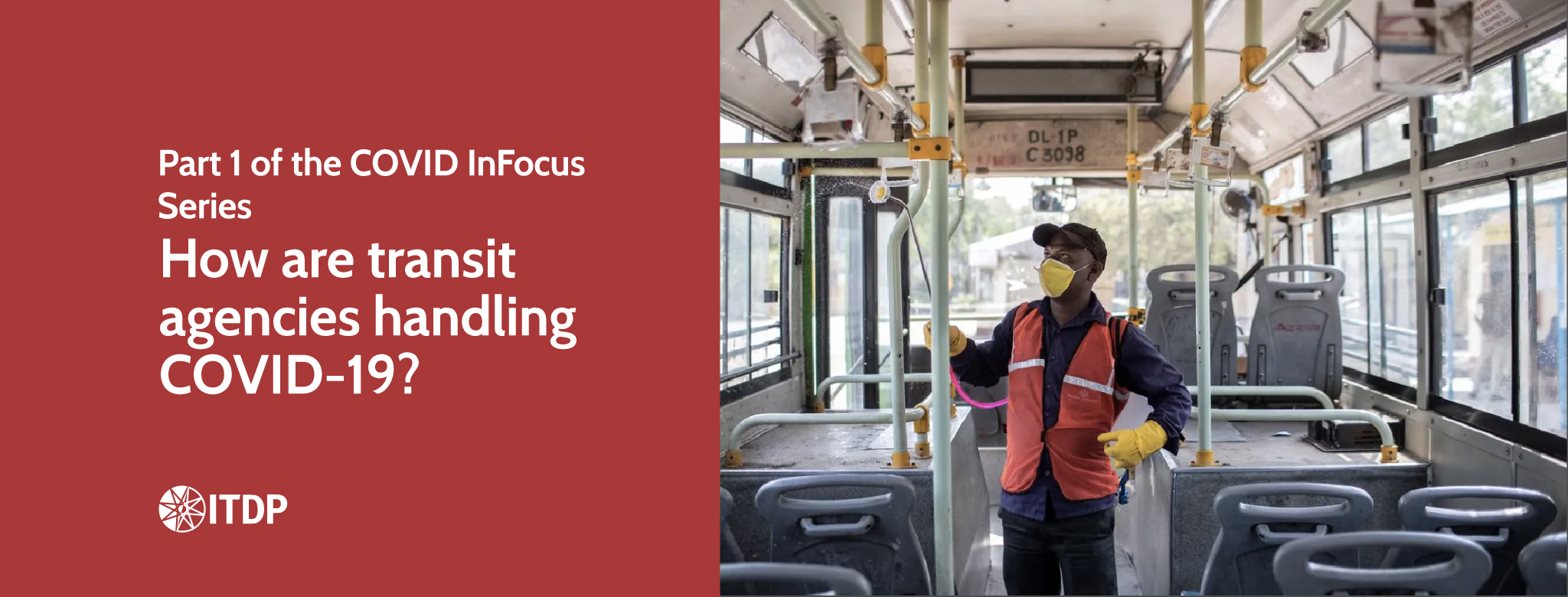Cover image source: CNN
Clearer waters in the canals of Venice, a view of the Dhauladhar mountains from Jalandhar after 30 years, and increased bird sightings in our cities — we have been flooded with reports of environmental triumph over the last few months. The COVID-19 pandemic has brought unexpected news along with the burgeoning number of cases across the world — of a cleaner climate and wildlife rejuvenation.
In the last three months, industries around the world have shut down or phased operations, vehicles have been banned on roads, and air travel has decreased, leading to a drop in global air emissions, for the first time since 2009. While people have been rejoicing this change, a study by Harvard University T.H. Chan School of Public Health has revealed that people in cities with higher pollution levels are more vulnerable to the COVID-19, stressing the importance of clean-air regulations and policies. We see how our environments have been responding to the pandemic and what this means for the long-term goal of climate emergency.
Pollution levels drop across India

Source – Centre for Research on Clean Air and Energy, Central Pollution Control Board
Graphics – Natalie Leung; Natalie Croker, CNN
In India, which has 21 of the 30 most polluted cities, the lockdown has resulted in a dramatic decrease in harmful microscopic matter and nitrogen dioxide levels. “During the first three weeks of March, the average nitrogen dioxide levels declined by 40-50 percent in the cities of Mumbai, Pune, and Ahmedabad, compared with the same period in 2018 and 2019…The nationwide curfew in India on March 22 also resulted in the lowest one-day traffic pollution levels on record”, reports CNN. At New Delhi, which was the most polluted capital city in the world in 2019, the air quality index (AQI) levels dropped from the typical 200 to under 30, signifying that the city’s 11 million registered cars are key polluters to the environment.
This is crucial information as India has one of the highest rates of respiratory disease in the world, as well as the highest number of tuberculosis cases, increasing the risk of deaths from coronavirus infection. COVID-19 comes as a much-needed wake-up call to take action towards climate emergency and to invest in a cleaner future. After the pandemic, the country must consider sustainable alternatives to fossil-fueled industries and governments must uphold existing policies to ensure any progress towards climate change is not reversed, says CNN.
Pandemics can nudge behavioural changes towards sustainability

Source – Getty Images
The fall in pollution levels across the world can be attributed to the closure of industries, as well as transportation, the latter constituting 23% of all global emissions. “Driving and aviation are key contributors to emissions from transport, contributing 72% and 11% of the transport sector’s greenhouse gas emissions respectively”, says BBC. While these numbers have dropped currently, people could lapse back into frequent flying and travelling after the lockdown, causing emissions to rise again. In the past, there have been many cases where a pandemic has caused a change in atmospheric carbon levels, but the environmental impacts of COVID-19 seem similar to the Great Recession of 2008. While overall emissions dipped in that period, it rebounded to an all-time high in 2010 as the economy recovered.
However, the pandemic can also be used to elicit subtle behavioural changes that push people towards long-term sustainability. A study after the London Tube Strikes of 2014 found that it brought lasting changes in behaviour, as those who had sought alternative travel means during the strike were less likely to return to their pre-strike commute. “A 2018 study led by Corinne Moser at Zurich University of Applied Sciences in Switzerland found that when people were unable to drive and were given free e-bike access instead, they drove much less when they eventually got their car back. So times of change can lead to the introduction of lasting habits.” offers BBC.
Green transportation infrastructure builds resilience

Source – Wikimedia, Robert McConnell
Pandemics and deadly diseases have shaped human history in significant ways, often forcing cities to reimagine their socio-economic systems, such as the 19th century outbreak of Cholera that stressed on the importance of modern water and sanitation infrastructure. Currently, one of COVID-19’s biggest takeaways has been how our economy must evolve to prioritise the environment and public health, moving humans into more sustainable habits. Decarbonising transportation is important to this change, as seen by the increase in cycling and walking during the pandemic. “Questions around investing in new kinds of transportation infrastructure, such as Complete Streets projects that are gathering popularity at the city-level but struggling to gain a national foothold, should be raised, according to Jacqueline Klopp with Columbia University”, says Chris Teale.
While countries are talking about federal stimulus packages and a rescue plan for the economy, advocates believe this should be directed toward environmental-focused efforts such as transit funding and alternative greener modes, which in turn will stimulate jobs. “The cities that pursue these green measures following this disaster will be the ones that are best positioned in the next disaster, said Michael Berkowitz, founding principal at the Resilient Cities Catalyst”, reports Smart Cities Dive.
Lessons from COVID-19 can prompt a quicker response to Climate Change

Source – World Economic Forum Global Risks Report 2020
COVID-19 has shown us how governments and businesses can respond to crises in a matter of weeks, offering an insight into how our long-term battle towards climate change can look. “There is a risk that as the immediate crisis wanes and its economic consequences become clearer, we cast aside longer-term aspirations in pursuit of short-term easy fixes, many of which would have adverse environmental consequences”, infers the World Economic Forum (WEF).
For cities to strategise transformation after the pandemic, WEF presents five possible points of actions – (1) Rethink risk, (2) Listen to global perspectives, (3) Make people the top priority, (4) Trust experts, and (5) Make a cultural shift. “With scientists warning we have 10 years left to avoid the worst consequences of climate change, this could offer an opportunity to fix the climate crisis before it’s too late… It is clear that we have many of the tools to make major advances in addressing climate change; what we need now is the political will to apply them”, concludes WEF. Read the full article here.
The lessons from this period are also steeped in better governance — one that can manage a pandemic, cooperate quickly, and formulate an effective plan for a rebound considering the people, economy, and climate. In India, which has seen environmental disasters frequently in the last few years, there is a need for strategic policies that promote cleaner cities through new energy systems and decreased congestion. A push towards better walking, cycling, and public transport infrastructure can grant us cleaner surroundings, not necessarily in the wake of a pandemic.
Compiled by Aditi Subramanian
This article is part of a series on the impact of COVID-19 on our cities and mobility. Stay tuned for part three.









